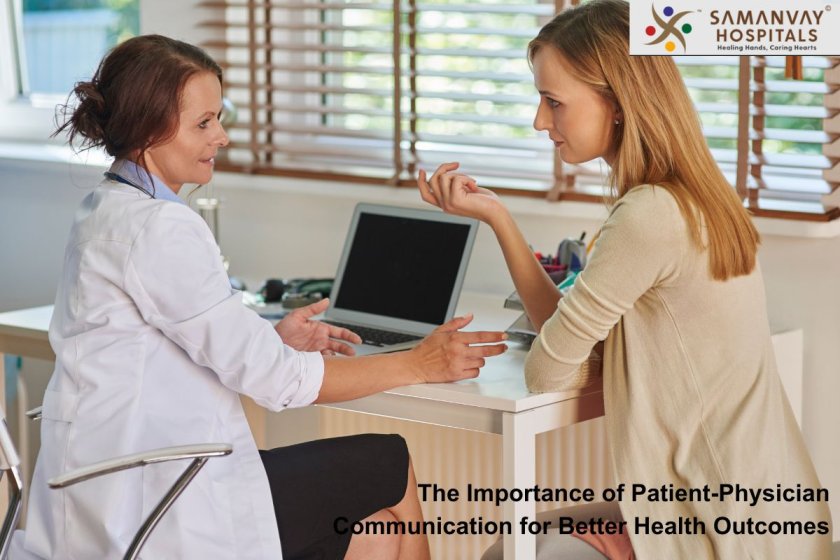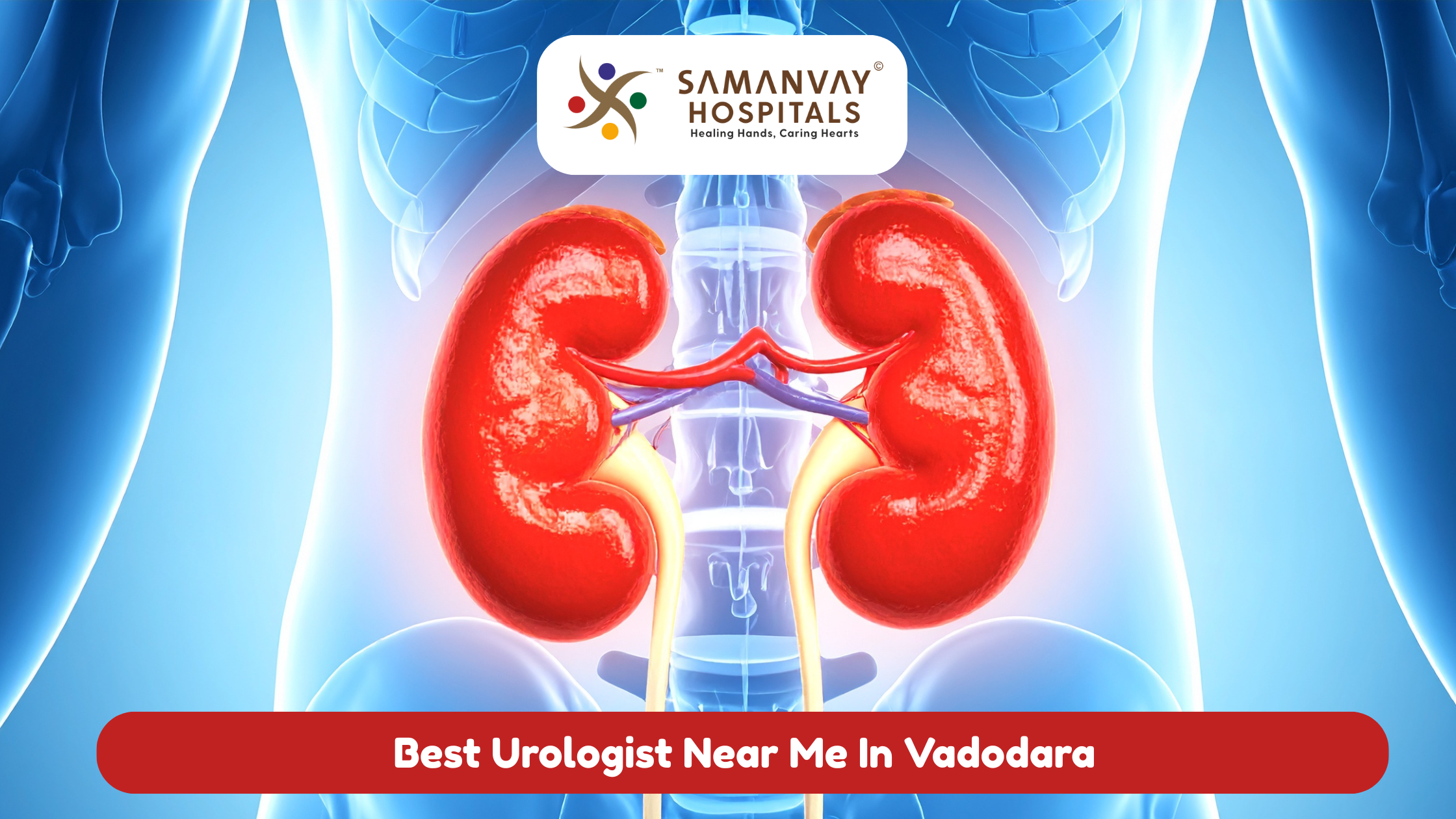
Effective communication between patients and physicians is crucial for achieving good health outcomes. It can attain the remainder between recovery and complications. When doctors and patients communicate clearly, it helps in understanding medical conditions, treatment options, and overall health goals. Let’s explore why Patient-Physician communication is essential for good health.
Building Trust
Trust is the fundament of any successful doctor-patient relationship. When a patient feels heard and understood, they are, to a greater extent, likely to trust their physician’s advice. This trust is vital for effective treatment. Patient roles who trust their doctors, follow their recommendations more tightly. Consequently, estimable communication is central to building up that trust.
Improved Diagnosis and Treatment
Clear communication helps doctors understand the patient’s symptoms intimately. When patients describe their symptoms in detail, doctors can make more accurate diagnoses. A patient who shares all relevant data can avoid misdiagnosis or delay treatment. This is especially important for complex conditions that may require the expertise of an internal medicine specialist in Baroda or the best general physician doctor in Vadodara.
Additionally, discussing medical history, lifestyle, and preferences allows the physician to customize treatments. This makes the treatment plan more effective. Moreover, understanding a patient’s concerns helps doctors offer picks that the patient is comfortable with. This results in a good patient experience and better health outcomes.
Better Understanding of Treatment Options
When a doctor explains treatment options clearly, patients can make informed decisions. Many patients feel confused when faced with multiple treatment options. In such cases, a physician who can explain the pros and cons in simple terms can help patients’ finger confidence. For example, when someone needs to be admitted to the intensive care unit hospital, clear communication can help the patient and their family understand the necessary steps.
Furthermore, patients should feel comfortable asking questions. Doctors should encourage this dialogue to ensure patients fully understand their treatment. This two-way communication makes it easier for the patient to comply with the treatment plan.
Managing Expectations
Clear communication also helps in managing expectations. Patients often have business organizations about the outcome of their treatment. They might worry about side burdens or the recovery process. Doctors should address these concerns by providing realistic expectations. This prevents unnecessary accents and promotes a confirming attitude towards treatment.
Moreover, managing expectations reduces the likelihood of misunderstandings. Well-informed patients are more likely to be satisfied with their care, even if the results take time.
Fostering Emotional Support
Healthcare is not just about physical treatment but emotional well-being as well. Patients may experience anxiety, fear, or sorrow about their condition. However, physicians who listen empathetically can put up emotional support, which boosts the patient’s morale. This support can improve recovery rates and promote a better relationship with healthcare providers.
It’s important to note that communication goes beyond the medical facts. Doctors must also acknowledge the emotional impact of illness. This holistic overture helps the patient feel cared for, both physically and emotionally.
Reducing Medical Errors
Miscommunication can lead to medical errors, which may harm the patient. Errors can happen when doctors misinterpret information, or patients forget to mention full of life details. This is why clear and open communication is so crucial. When patients provide entire, accurate information and doctors take the right questions, the chances of errors decrease.
Furthermore, medical errors can sometimes be forefended with effective teamwork between the health care team and the affected role. A well-informed patient can help the physician catch potential mistakes early in the process.
Enhancing Patient Satisfaction
Generally, a good communication experience in patients leaves them more satisfied with their care. Patients feel that physicians who take the time to explain, listen, and respond to concerns are valuing them. Satisfaction with such care is important, not only for the well-being of the patient but also for the overall success of the healthcare system.
Moreover, satisfied patients are more likely to comply with appointments and treatment regimens. This leads to better health outcomes over time.
Conclusion
Finally, a key element of achieving better health status is patient-physician communication. The more open and effective the communication is between doctors and patients, the more likely the latter will trust the physician enough to understand their options and follow prescribed care. Open communication also helps make expectations, fosters emotional livelihood, and reduces the risk of errors.
Whether it is an Internal medicine specialist Baroda, the best general physician doctor in Vadodara, or a physician within an ICU hospital, the bottom line for all health professionals should be communication. In so doing, they ensure the best services are accorded to the patient for better health outcomes and overall satisfaction.






